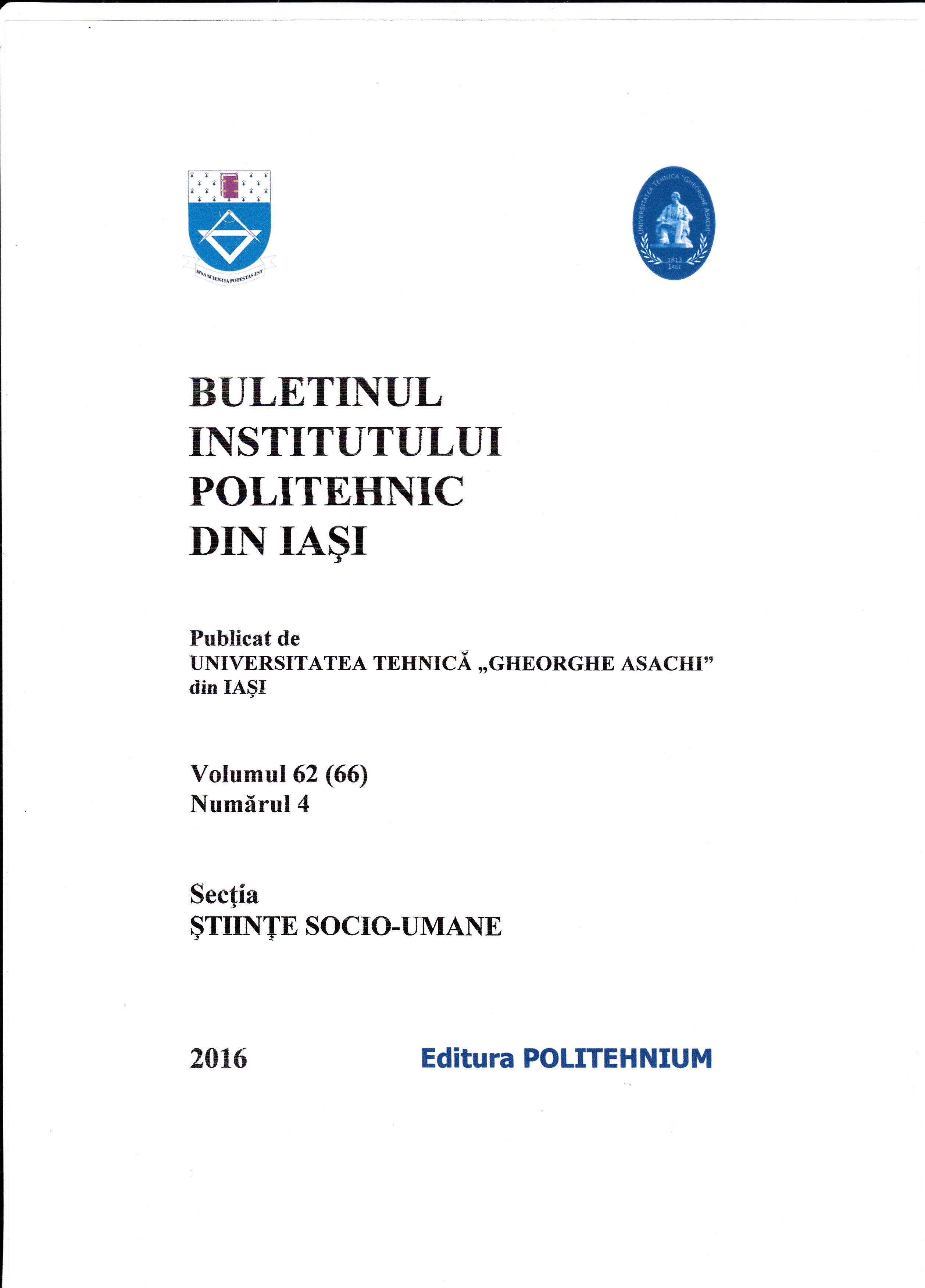The Impact of Educational Awerness-Raising Programs Regarding Environmental Issues on the Educational System
The Impact of Educational Awerness-Raising Programs Regarding Environmental Issues on the Educational System
Author(s): Carmen Cătălina Ioan, Ileana Maria CarceaSubject(s): Education, Environmental interactions
Published by: Editura Universității Tehnice “Gheorghe Asachi” din Iași
Keywords: awareness; fostering environmental attitudes and behaviors; responsiveness of institutions; institutional competence; institutional interest for environmental issues.
Summary/Abstract: This paper is a study assessing the response of educational institutions to a national program for educating the public and for raising awareness on environmental protection. The program provides grants for non-formal or informal educational activities and it can be entered by all educational institutions or nonprofit organizations. The molding and development of attitudes and behaviors favorable to sustainable development and also the method of encouraging educational staff in schools to perform general non-formal educational activities are presented in the introduction. The data are obtained by studying the legislation regarding the management of the Environment Fund which finances the above-mentioned program and by studying public documents of the program, which can be found on the website of the Environment Fund Administration. Information for the time frame 2005-2014, i.e. the number of submitted applications, accepted projects and completed projects, was accessed during the study. The study defines three variables, namely: the receptiveness of institutions to the program, the institutional competence in drafting projects, and the interest in the topics of the program. The completed projects are analyzed based on two criteria, namely the type of applicant institution – NGO or school – and to which geographical area the institution belongs – urban or rural. The part of the study which contains the interpretations and the conclusions, describes the applicant categories by taking into account the defined impact variables. It can be observed that the program has a more substantial impact on NGOs than on urban schools; nevertheless if the type of educational institution is to be considered, the program has a more substantial impact on urban lower secondary schools rather than on upper secondary schools or universities.
Journal: Buletinul Institutului Politehnic din Iași secția Științe Socio-Umane
- Issue Year: 62/2016
- Issue No: 4
- Page Range: 37-49
- Page Count: 13
- Language: English

